Like most men in Mozambique, Virgilio Ajuda didn’t think it was his place to escort his pregnant wife to the health clinic. “I always thought it was only for women,” said the 41-year-old father. […]
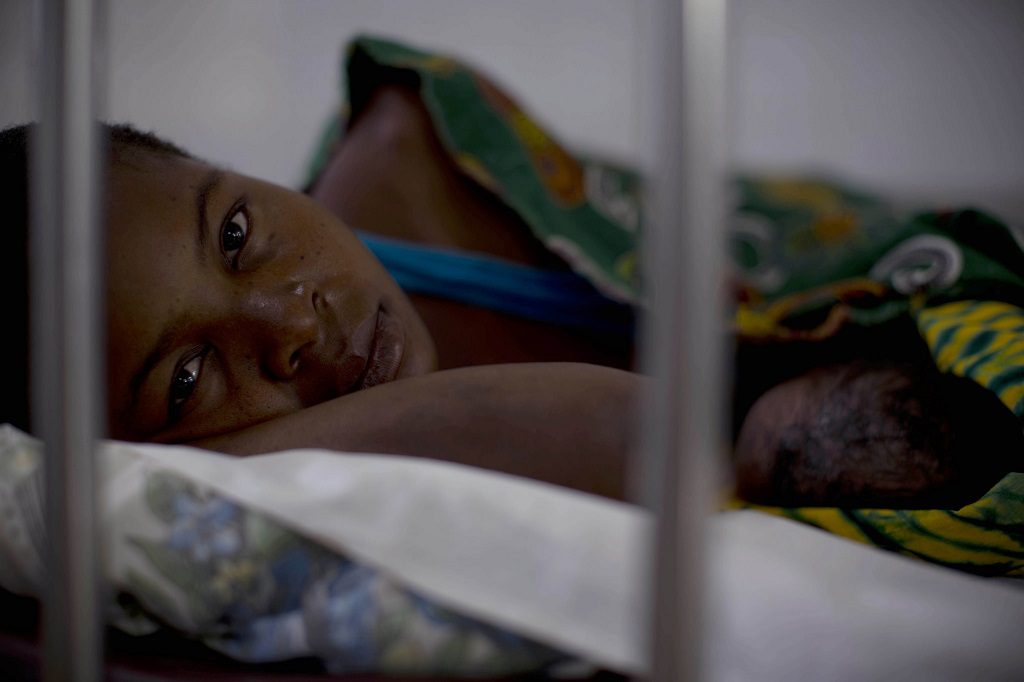

Like most men in Mozambique, Virgilio Ajuda didn’t think it was his place to escort his pregnant wife to the health clinic. “I always thought it was only for women,” said the 41-year-old father. […]
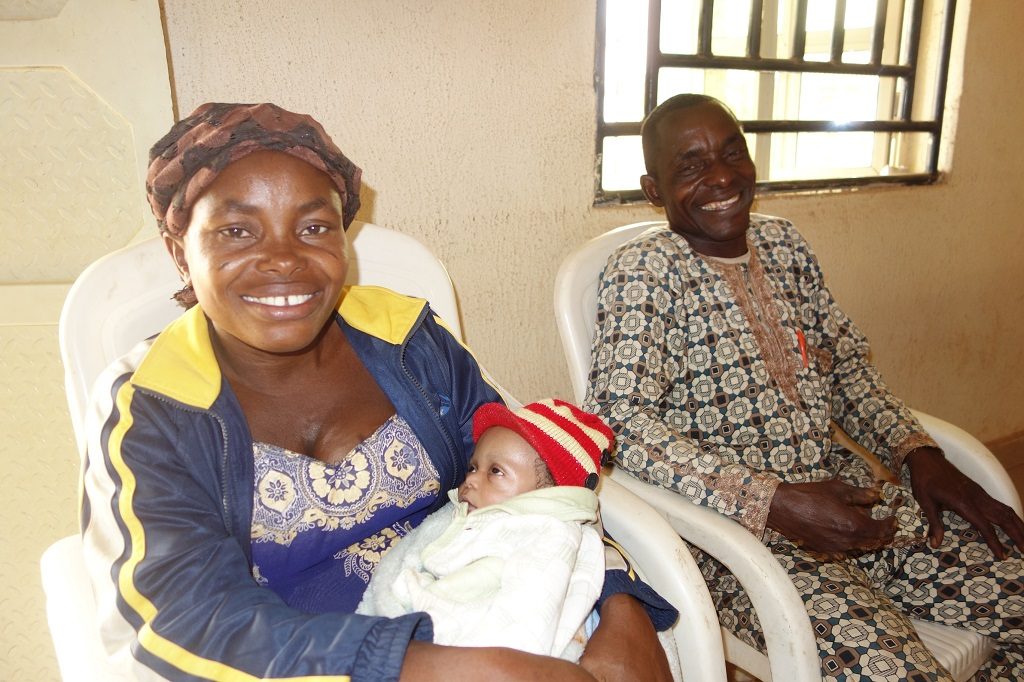
Women receiving counseling on healthy spacing of pregnancies and family planning services are helping to end unintended pregnancies in this West African country. […]
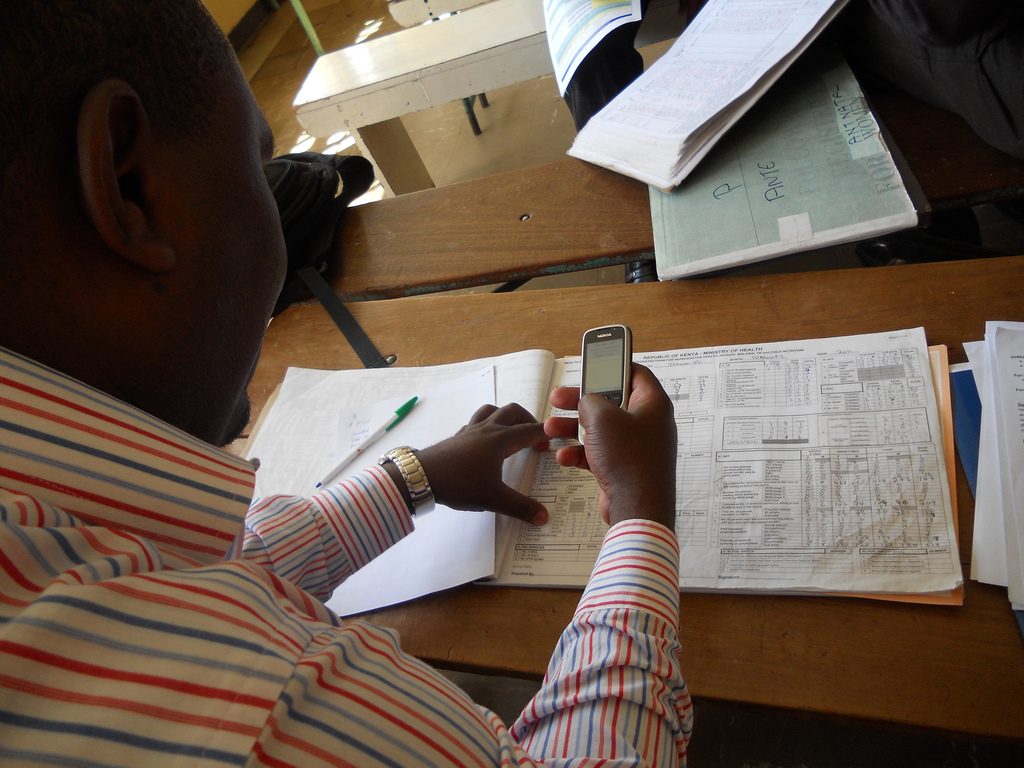
An MCSP co-authored blog stresses the strong link between well-functioning health information systems and improving health outcomes. […]
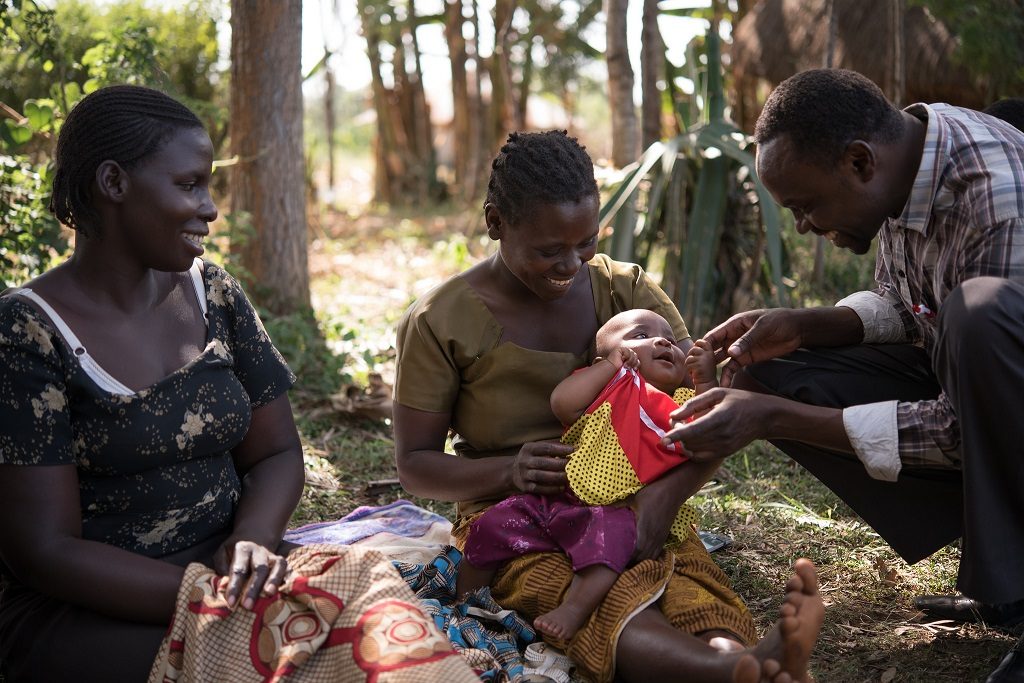
The country has made remarkable strides in ensuring its children are exclusively breastfed, but work remains to improve infant and young child feeding practices. […]
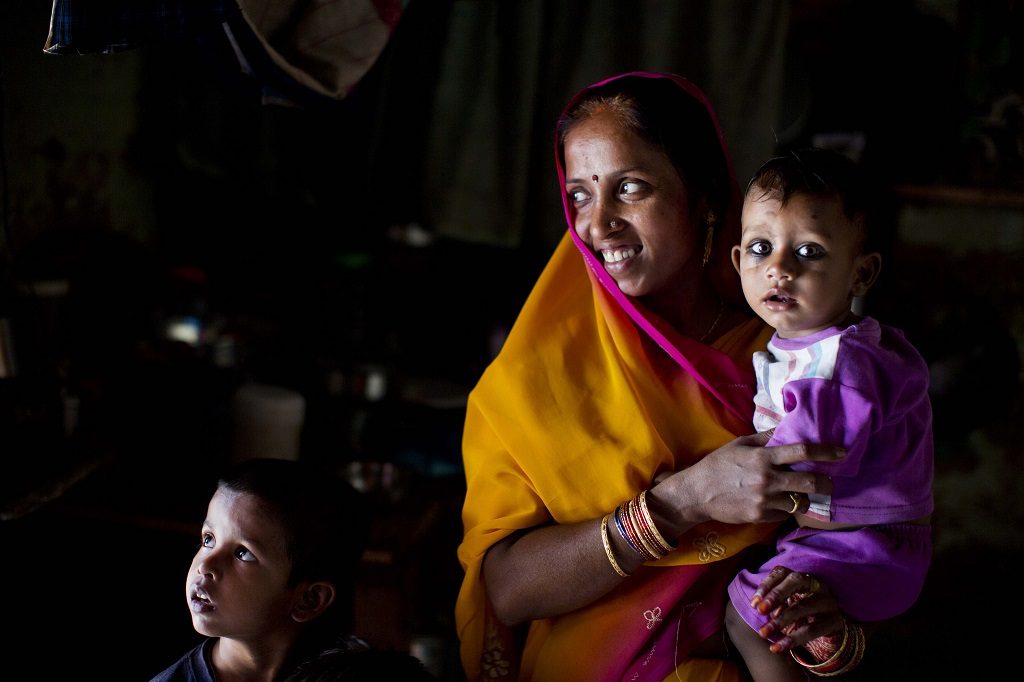
This World Population Day, we examine service integration, knowing that meeting the health needs of women, children and families requires a comprehensive approach. […]
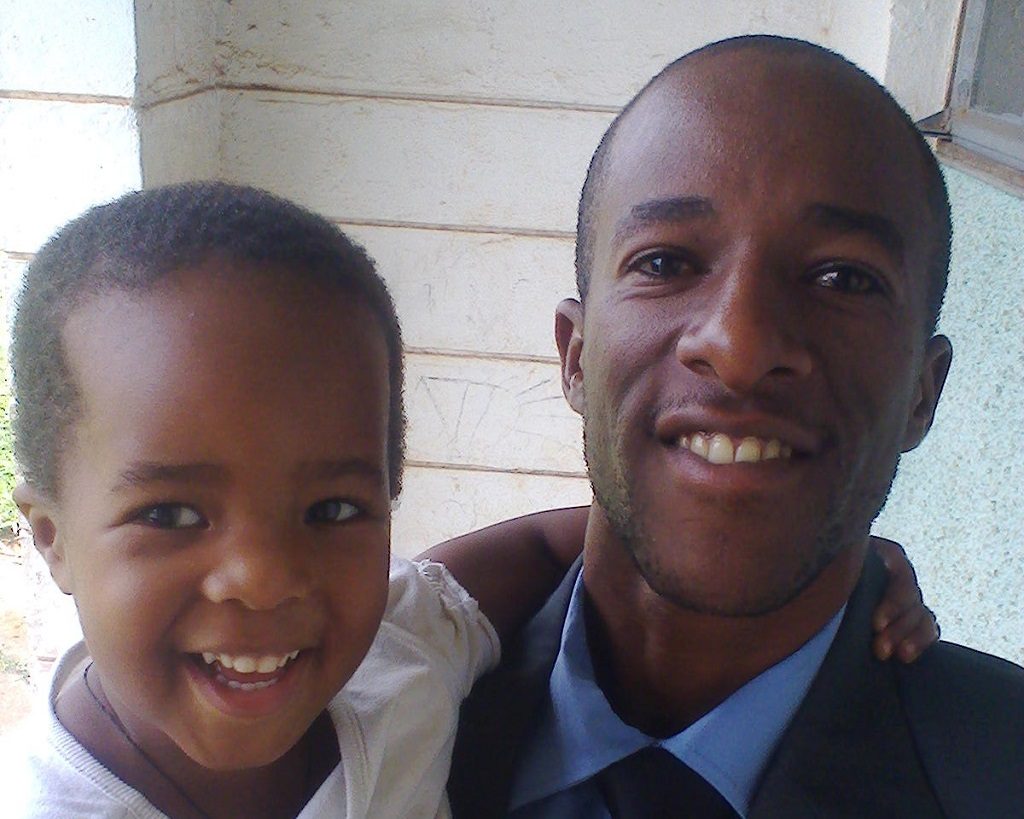
This Father’s Day, we honor the crucial role fathers play in improving the health of their families. […]
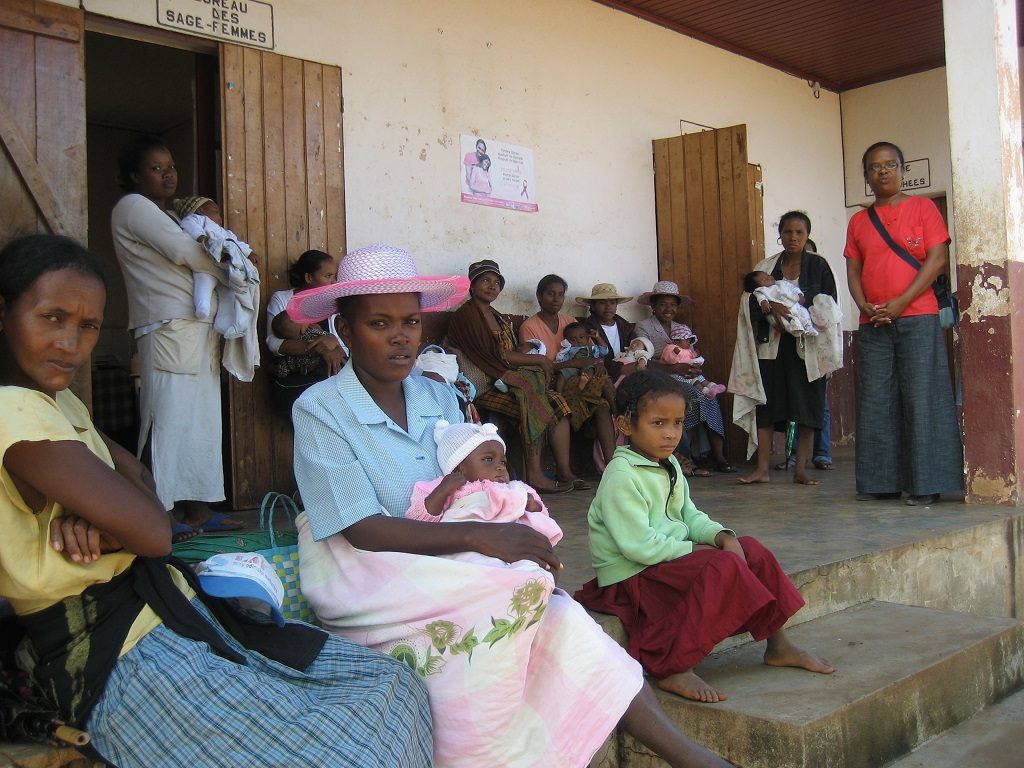
One year after this island nation developed postpartum family planning action plans, MCSP gauges the country’s progress. […]
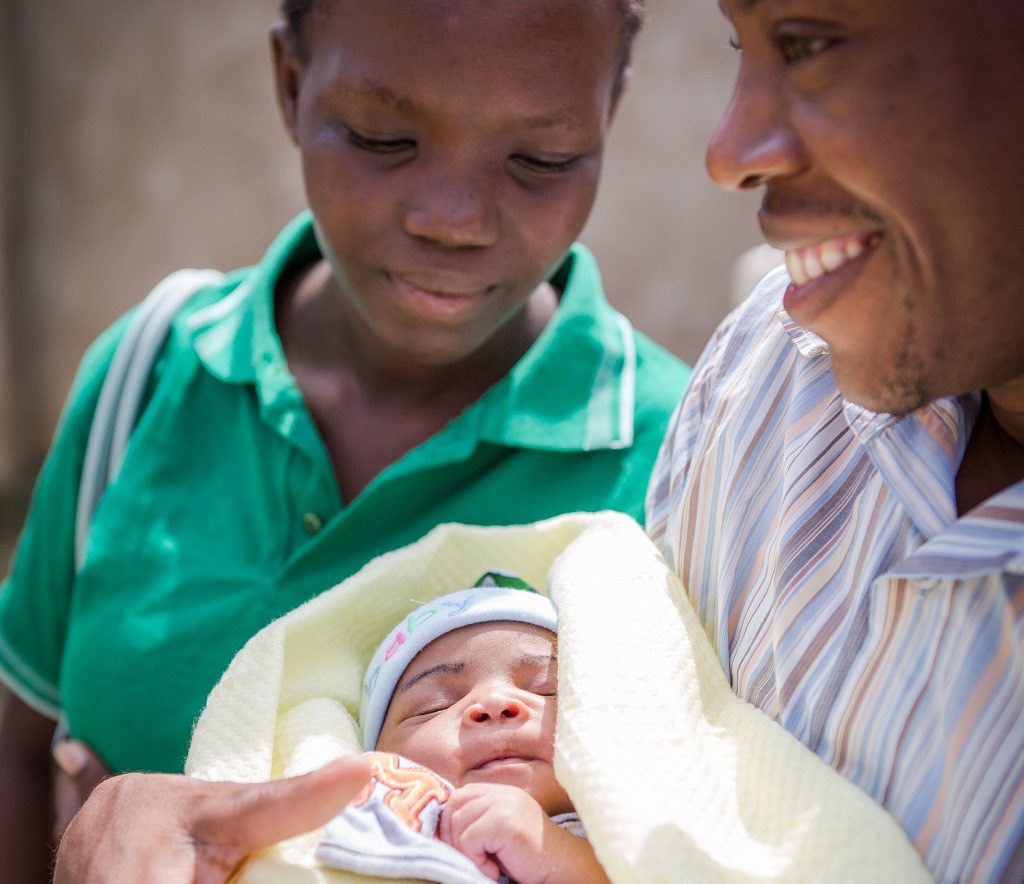
As part of the UN Foundation series “Her Goals: Our Future,” this blog highlights the connection between supporting girls and women and achieving the SDGs. […]
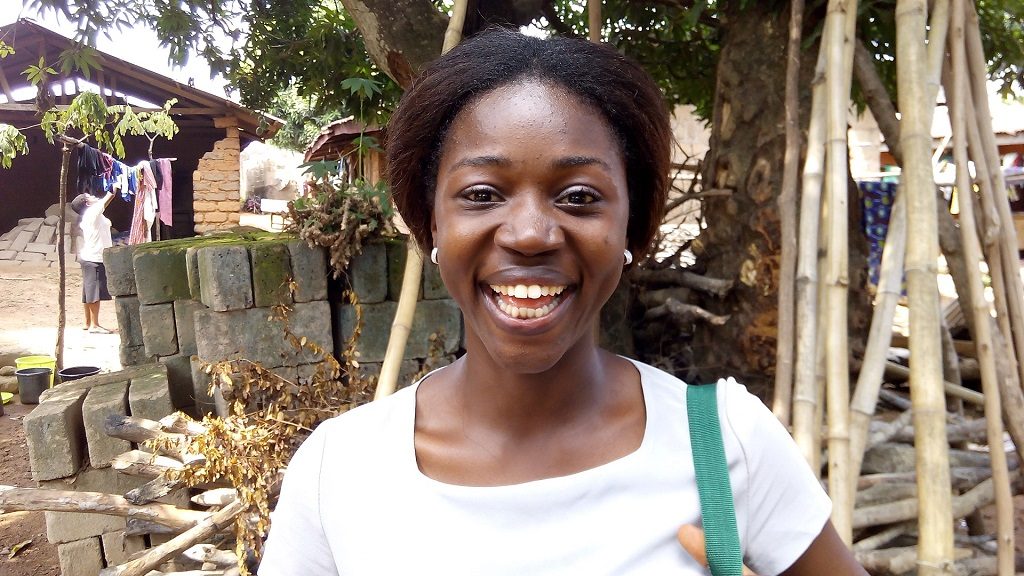
This International Day of the Midwife, come with us – from Bangladesh to Guinea – as we peek inside midwives’ bags in this compelling photo essay. […]
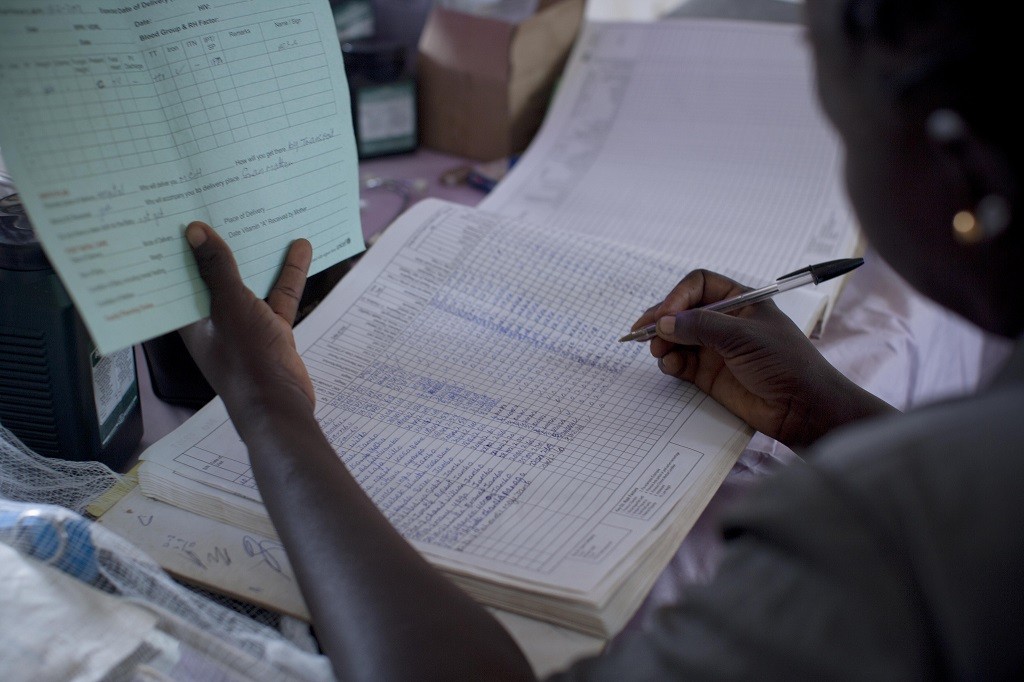
This World Immunization Week, we must remember two key ways to “close the gap” on immunization services: re-examining country-level data and empowering health workers. […]